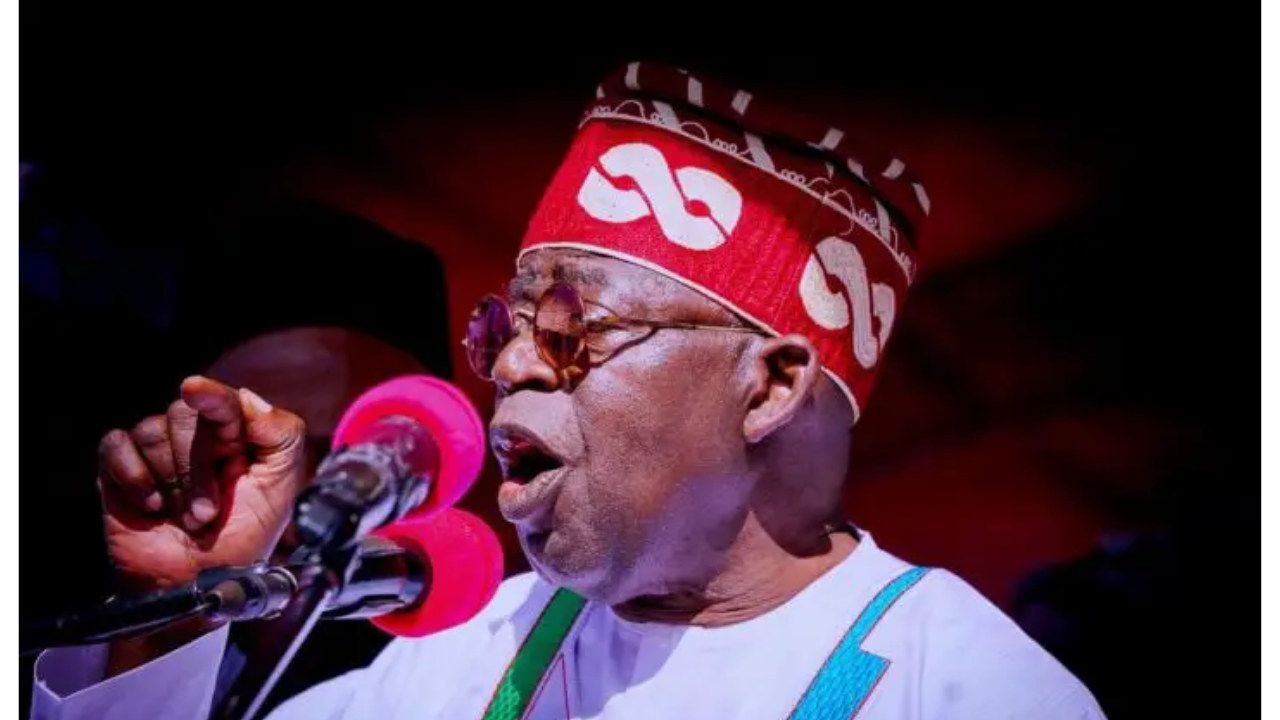In a country where millions sleep in darkness and businesses struggle every day to stay powered, the recent decision by President Bola Ahmed Tinubu’s administration to install a ₦10 billion solar mini-grid at the Aso Rock Villa has hit a nerve — and rightly so. While ordinary Nigerians are forced to battle with an epileptic power supply and consistently skyrocketing bills, the seat of power is quietly pulling the plug on the national grid.
For many Nigerians, this is not a strategic move as it aligns with the general bias that those in power care more about their own comfort regardless of the predicament of the common man. Is this a silent admission that the system is too broken to fix? — at least, not anytime soon.
A nation in the dark
Just last month, the Nigerian Electricity Regulatory Commission (NERC) slammed Band A customers with a 300% tariff hike, sparking widespread outrage. Yet, despite paying significantly more, power supply remains a prayer point for many. From Kaduna to Benue, Kwara to Minna, the story is the same: high bills, low supply. Power, a basic right of citizens in every country around the globe, is so foreign in some regions that each time it shows up, it is met with extreme jubilation.
READ ALSO:
Power Outages Cripple Businesses and Healthcare in Benue, Residents Demand Urgent Action
OPINION: Self-defence: More Guns on the Street Mean Less Safety
Senator Natasha Akpoti-Uduaghan’s Suspension: Legal Precedents, Political Implications, and the Role of the Inter-Parliamentary Union
In the middle of this chaos, we find out that the State House — the seat of the Nigerian government — owes over ₦923 million in electricity bills. This is indeed a testament to the fact that the tariff is unreasonably high and overbearing. Yet, instead of calling for a redress, settling the debt or pouring resources into making the grid more efficient, the government decides to spend ₦10 billion building its own independent power solution.
You don’t need a PhD in energy policy to see the symbolism here. If the President himself no longer trusts the national grid to power his residence, what’s left for the average Nigerian?
Are solar systems the way of escape?
Across social media, the message is clear. “If the number one citizen considers the light bills outrageous and overwhelming, what’s the hope of the common man?” Nigerians are asking hard questions, and they deserve answers. Because this isn’t just about clean energy — it’s about accountability, about trust, about equity.
Critics are not just angry; they’re disillusioned. Many feel this move represents the growing gap between the government and the governed. While the elite seal off their reality behind solar-powered gates, the rest of the country is forced to rely on a failing system.
READ ALSO:
Power Outages Cripple Businesses and Healthcare in Benue, Residents Demand Urgent Action
OPINION: Self-defence: More Guns on the Street Mean Less Safety
Senator Natasha Akpoti-Uduaghan’s Suspension: Legal Precedents, Political Implications, and the Role of the Inter-Parliamentary Union
An average Nigerian might resonate with the sentiment that the country needs to transition to cleaner, more reliable power sources. But for fairness and equity, such a transition must be national, not selective. Nigeria needs a national energy transition plan that includes everyone — not just the elite. What the Villa is doing is energy secession, not transition. It’s not progress if only the powerful benefit.
Symbolism that stings
In a country where electricity is more than a convenience, it’s a necessity for survival, this move is more than a policy decision. It’s a public statement. A statement that says, “You’re on our own.” And that’s dangerous.
Instead of rebuilding the grid, they’re building exit routes. Instead of an adequate supply of power, they’re fortifying bubbles of brightness while the rest of the nation stumbles in the dark.
Who then would fix the national grid if the very leaders entrusted with the task are quietly unplugging from it? How long will Nigerians continue to pay for a service that barely works while their leaders fund private solutions with public money?
READ ALSO:
Power Outages Cripple Businesses and Healthcare in Benue, Residents Demand Urgent Action
OPINION: Self-defence: More Guns on the Street Mean Less Safety
Senator Natasha Akpoti-Uduaghan’s Suspension: Legal Precedents, Political Implications, and the Role of the Inter-Parliamentary Union
The truth is, every solar panel at the “Villa”, funded with taxpayer money, is a reminder of everything the system failed to deliver to the masses. It’s a beacon of self-preservation, not national progress.
Energy reforms: The way forward?
As Nigeria continues its supposed journey toward energy reform, this moment may be remembered as a turning point — for better or for worse.
Will it spark a real, inclusive movement toward energy independence for all? Or will it mark the start of a deeper divide between those who can afford alternative power solutions and those who are doomed to live in darkness?
For now, one thing is clear: Nigerians are not just asking for power. They are asking for accountable leadership — the kind that understands the struggles of its people and proffers actual solutions.



